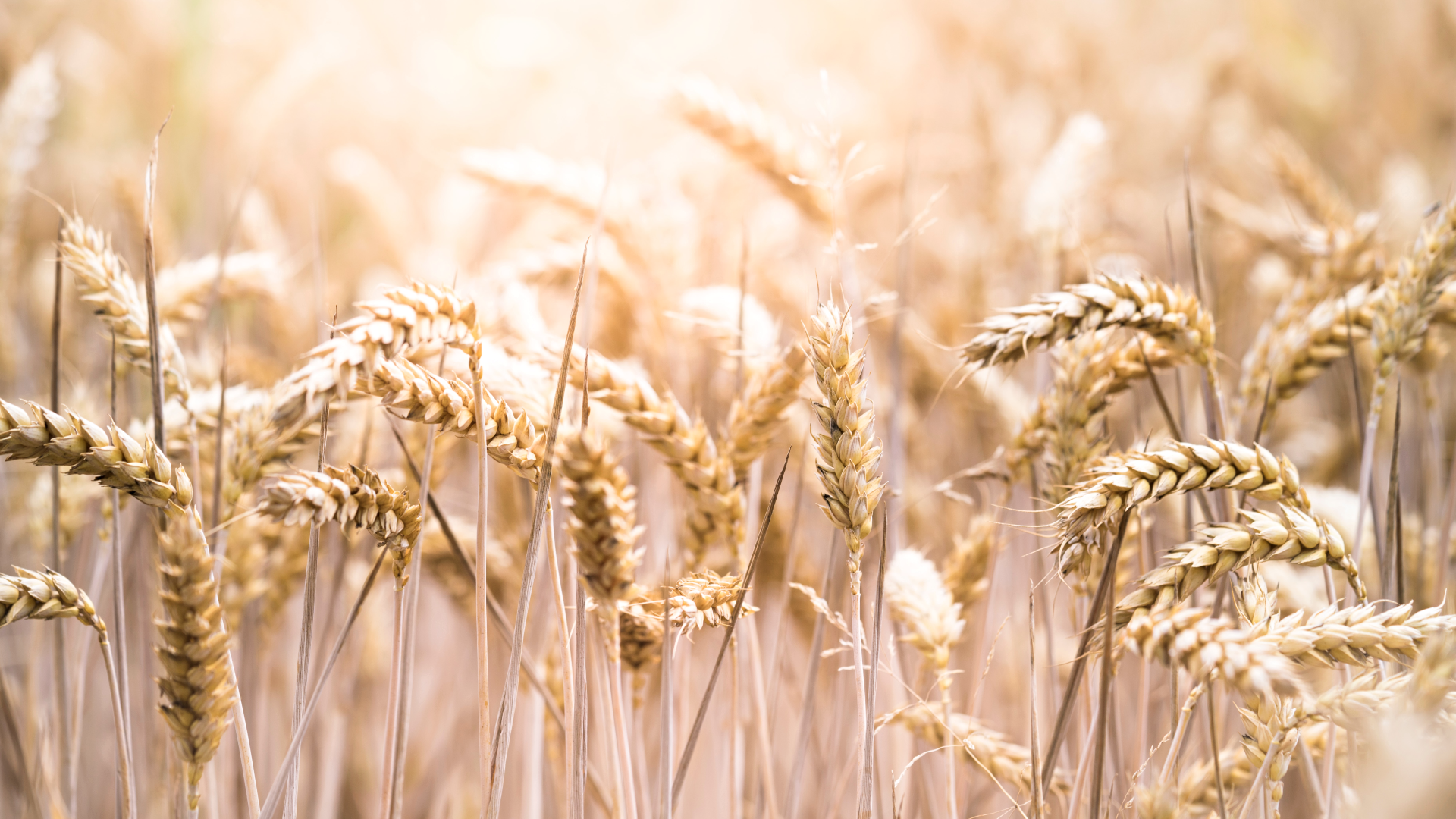How humanity is to continue growing wheat in centuries to come has long been agriculture’s million-dollar question, but UK scientists have finally developed a crop gene reportedly resistant to a warming world.
Remember Interstellar, where a global wheat blight forced Mathew McConachie to scour neighbouring galaxies in search of habitable planets? If only he’d gone to Norwich first.
In the small British city, researchers have reportedly found a way of making wheat crops more resistant to heatwaves and drought, meaning future crops may be fit to survive a warming world.
Why is this big news, I hear you ask? Try this on for size. Wheat is largely regarded as the prime staple of food production, turning homo sapiens from hunter/gatherers into rulers of our lands thousands of years ago.
Today, it continues to make up some 20% of all calories consumed daily and the value of the global market is expected to be around $305bn by 2028.
Suffice to say, a world without wheat, or with significantly diminished supply, would be rife with famine. Yet, knowing this, human-induced climate change still threatens the prosperity of our harvests considerably more each year.
Worrying as the situation is, crisis isn’t quite an inevitability here, however. Recent leaps into agricultural gene-editing suggest that we may be able to make future crops of wheat more stubborn to the elements – specifically heatwaves and drought.




















